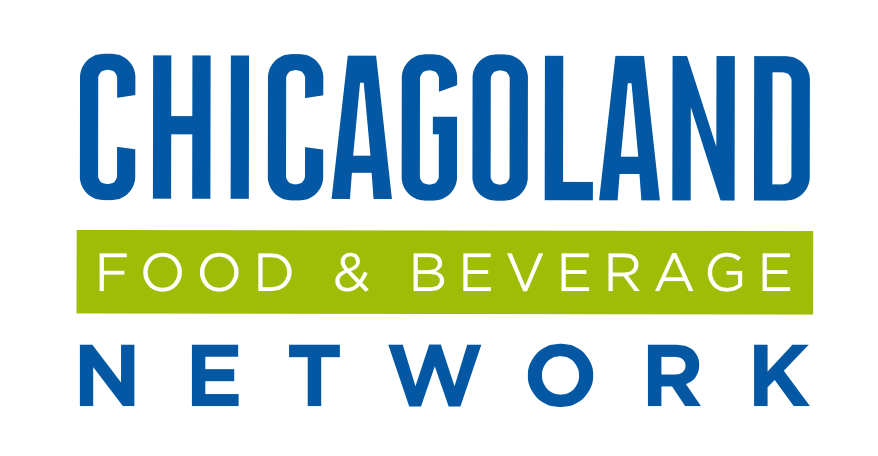Chobani has revealed the eight participants of its Fall 2018 incubator programme, including the two inaugural participants in the company’s new Food Tech Residency Class.
Chobani announced earlier this year that it would launch the Food Tech Residency Class to support start-ups who have developed solutions which reduce waste and bring greater sustainability to the food value chain.
The two participants in the Class are Skyven Technologies and CinderBio, both of which have developed innovative solutions for the food processing industry.

Skyven has created a thermal energy solution which reduces fuel use, energy costs and greenhouse gas emissions for food processors, while CinderBio has developed an enzyme for dairy processors which works at much higher temperatures, in more acidic conditions, and faster than industrial enzymes available at the moment.
Meanwhile, the six participants in Chobani’s conventional incubator program are:
-
- MatchaBar – a matcha tea company that distributes a shelf-stable bottled product across the US.
- TeaSquares – a naturally caffeinated snack producer based in Chicago.
- Ithaca Cold-Crafted – a producer of a premium hummus made using an innovative cold manufacturing process.
- Haven’s Kitchen – a manufacturer of sauces made from a range of natural ingredients
- Partake Foods – a line of allergy-friendly children’s’ food products.
- Supernatural – a producer of allergy-friendly baking ingredients.
A statement from Chobani said: “Since 2016, the Chobani Incubator program has helped entrepreneurs with big hearts and ideas break into food and beverage industries through equity-free investment and a strong focus on mentorship.
“There is proof the model works: the Incubator’s first two classes have seen a 250% in total average growth in distribution, as well as an average 147% increase in quarterly revenue.
“Alumni have also launched over 30 new SKUs and several have achieved successful rebrands.”
Read the full article here
